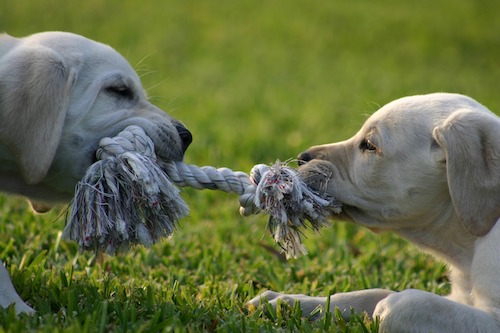An author writes a beautiful story, full of highs and lows for a protagonist they have spent three years developing. No other person could possibly understand as much about this story—so, why should the author invest the extra time and money in an editor? In the recently released musical biopic sensation Bohemian Rhapsody, Freddie Mercury leaves Queen to attempt a solo career. Then, just before the historic Live Aid concert, he returns to make amends with his band family and to explain why they need each other: “I went to Munich. I hired a bunch of guys and I told them exactly what to do and the problem was, they did it.” That line communicates a lesson for anyone involved in the creative process: Make the effort to form relationships with people you can trust who will challenge you. The gain is well worth the effort.
Focusing in on the author-editor relationship, specifically from the editor’s point of view, what are the best practices for creating a beneficial working relationship with authors? There are many, and they all boil down to being (1) detail-oriented, (2) professional, and (3) a good human. Too often, editors and authors share stories of the book development process being “a nightmare.” Editors can often avoid such nightmare scenarios by adhering to the following guidelines.
First, editor and author should establish clear expectations for communication. For example, say the publishing house has acquired the manuscript and set a publication date. Over the next eighteen months, neither the editor nor the author should ever be missing in action. These situations cause frustration and decrease the level of respect between the two people whose working relationship is directly tied to the success of the book. If one person plans to travel, that should be communicated early on. The editor can avoid any surprises by sending an introductory email to the author once the manuscript has been acquired. In this email, the editor should explain the timeline the publishing house has set for developing the book and ask if the author has any concerns about that schedule. This gives the author a chance to clarify what is expected of them and confirm they are on board.
Second, the editor will start making passes through the manuscript. Their goal might be to perform a developmental edit, in which they look for big-picture issues, or a copyedit, in which they comb through the manuscript for issues with grammar, punctuation, spelling, and style. In either case, the editor reaches a point when they need to contact the author about their findings. Ideally, this is not the first time the editor has contacted the author. After the introductory emails, the editor might want to gather a few questions about the manuscript that are not too heavy, but that provide an opportunity for dialogue with the author. This allows each person to develop a sense of the other’s character so that a positive rapport can be established before too much is on the line. Think about it: Would you rather be told “you look tired today” by a stranger or by a friend? How would your reaction be different in each circumstance? You know a friend makes a statement like this because they are concerned for your welfare, so you do not take offense. The stranger comes across as rude. When editors need to point out errors, they will experience a more open reception from authors if they have already earned a level of respect.
Third, an editor should practice good email etiquette. Before pressing “send” on any email, take the time to read the email from the perspective of the recipient. Know that your tone might not come across exactly as intended. If there is any doubt over a sentence’s potential to be received positively rather than negatively, cut or revise. Further advice on email etiquette, including details about word choice, can be found in this article on HubSpot. Scan your writing thoroughly for spelling and grammar; as an editor, you want to avoid giving the author any reason to doubt your credibility.
Lastly, if the content of your message becomes too long, too confusing, or too controversial—pick up the phone. The phone call is a wonderful, increasingly underrated form of communication in which each party can remain in the comfort of their own space without distractions. Thirty minutes on the phone can save the editor and author hours of time they might have needed to email back and forth about particular issues in the manuscript. This is worth repeating: if you sense a question is too complex to be efficiently resolved by a single email exchange, pick up the phone.
The relationship between editor and author has been most accurately described as “professional sparring partners.” With this vision in mind, consider all the elements involved in being a good sparring partner. There will be no improvement if one side decides to take it easy. Conversely, the game will collapse if one breaks the rules, gets unnecessarily hurt, or simply refuses to play. With the shared goal of putting the best possible version of a book in the hands of the reader, editor and author have equal reason to value their working relationship.

